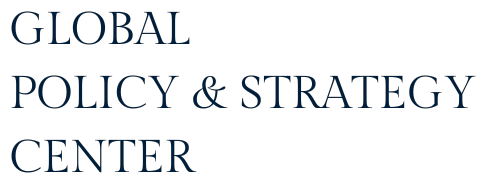In our increasingly interconnected and interdependent world, diplomacy has taken center stage as a crucial instrument for maintaining peace, promoting international cooperation, and addressing complex global challenges. As the boundaries of nations become less distinct in the digital age, the practice of diplomacy must adapt to navigate the complexities of today’s international relations.
The Evolving Landscape of International Relations
Traditional diplomacy primarily involved state-to-state interactions, but the contemporary global landscape is characterized by multifaceted relations involving governments, non-state actors, international organizations, and transnational corporations. This shift has brought new challenges and opportunities to the field of diplomacy.
The Role of Diplomacy in a Connected World
- Conflict Resolution: Diplomacy remains an essential tool for preventing and resolving conflicts. It enables states to engage in negotiations, mediation, and dialogue to defuse tensions and reach peaceful solutions.
- International Cooperation: The interconnected nature of the world requires international cooperation on a wide range of issues, from climate change to global health crises. Diplomacy plays a central role in forging agreements, treaties, and alliances.
- Economic Diplomacy: Economic diplomacy encompasses negotiations on trade agreements, investment partnerships, and economic policies. These discussions have a significant impact on a nation’s economic well-being.
- Digital Diplomacy: With the advent of the digital age, diplomacy has extended into the digital realm. Social media and online platforms provide new avenues for communication and public diplomacy.
- Multilateral Diplomacy: Diplomacy increasingly involves multiple stakeholders, including international organizations, civil society groups, and businesses. Multilateral diplomacy is essential to address issues that transcend national borders.
Challenges in Modern Diplomacy
- Geopolitical Complexities: Complex geopolitical dynamics, including great power rivalries, regional conflicts, and the shifting global balance of power, pose significant challenges for diplomats.
- Technology and Cybersecurity: The rapid advancement of technology introduces new risks and opportunities. Cybersecurity, digital warfare, and the use of technology in international relations require diplomatic attention.
- Global Crises: International diplomacy must respond to global crises such as pandemics, climate change, and economic instability. Coordinated efforts are needed to address these challenges effectively.
- Non-State Actors: Diplomacy must engage with non-state actors, including non-governmental organizations (NGOs), corporations, and advocacy groups, that wield substantial influence on the international stage.
- Public Diplomacy: In an age of information overload, public diplomacy is essential to convey a nation’s policies and values effectively to global audiences. Maintaining a positive international image is crucial.
Navigating Complex International Relations
Effective diplomacy in the 21st century requires diplomats to be adaptive, open to innovation, and skilled in building relationships and fostering trust. Diplomats must be well-versed in an array of issues, from security and trade to environmental sustainability and public health. Furthermore, diplomacy must incorporate digital tools and platforms for communication, transparency, and public engagement.
Diplomacy in a connected world is an intricate and dynamic field. The global challenges and opportunities presented by our interconnected world demand diplomatic efforts that are both traditional and innovative. Navigating complex international relations is not merely a matter of preserving national interests; it’s about fostering a more peaceful, prosperous, and sustainable global future. In this rapidly evolving landscape, diplomacy remains an indispensable instrument for building bridges, forging alliances, and addressing the challenges of our time.
